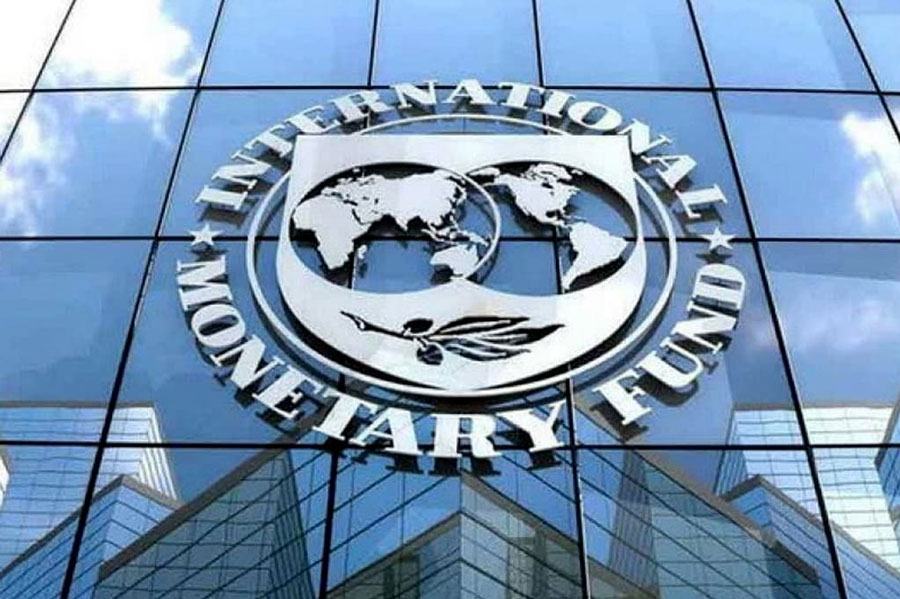
Published :
Updated :

The persistent challenge of elevating revenue collection remains the central economic puzzle that Bangladesh has attempted to solve for many years. From enacting a new income tax law in 2023 to expanding and reorganising both the Income Tax wing and the Customs and VAT wing, the government has introduced a series of initiatives designed to strengthen the institutional capacity of the National Board of Revenue (NBR) and raise collections. These steps will require time before their impact becomes visible, yet the way the revenue system is currently functioning suggests that such manoeuvres may not be enough to address long-standing weaknesses. The government continues to face increasing expenditure pressures, and without meaningful improvements in revenue performance, it risks relying even more heavily on deficit financing. In this setting, the recent call by the International Monetary Fund (IMF) for Bangladesh to place far greater emphasis on revenue mobilisation serves as a timely reality check. The warning is clear that repeated failures in revenue performance will undermine the quality of public services and delay essential infrastructure building.
The revenue shortfall described by the IMF is already a recognised and alarming issue. It is a serious concern that Bangladesh now has one of the lowest tax-to-GDP ratios in the region at about 6.56 per cent, far below the Asia Pacific average of 19.5 per cent. At IMF's counsel, the government has begun separating policy formulation from enforcement within the NBR by splitting it into two divisions, a reform expected by December that aims to change the entrenched practices within the institution. While the principle of separating these functions to avoid conflicts of interest is conceptually sound, it may very well prove inadequate to address the fundamental weaknesses in revenue mobilisation. Without a substantial expansion of the tax base and improved collection efficiency, such incremental adjustments will be insufficient to escape a perilous fiscal trap the country is entangled with. The strain is visible in the government's diminished capacity to make essential investments in infrastructure and to respond decisively to the prolonged spell of high inflation. A government's ability to function well and invest in the future of its people depends entirely on its success in collecting taxes fairly and efficiently. When tax income falls this low, resources for critical spending shrink and borrowing becomes the only viable fallback.
Furthermore, as the IMF rightly noted, an underfunded treasury makes it nearly impossible to address the deep vulnerabilities within the banking sector. Recapitalising state-owned banks, reducing non-performing loans and improving financial governance are now a priority but they all require significant public money. Without these, the financial system continues to pose a latent threat to macroeconomic stability. The IMF's specific mention of strengthening anti-corruption measures and improving the Anti-Money Laundering framework is particularly telling. Corruption by a section of NBR officials and their willing partners among taxpayers is well known, and their actions have punctured the public purse from within and deprived the state of much needed revenue. Plugging this hole is essential for achieving collection targets and restoring public confidence that taxes are used responsibly.
The future of Bangladesh's economy depends on its ability to break free from the low-revenue trap. This is why the enhancement of revenue collection must be treated as a national responsibility rather than an external demand. Key measures must include expanding the tax net to encompass sectors with long-standing privileges and aggressively promoting digital systems for VAT and income tax to improve compliance and fairness. The IMF has warned that the window for meaningful action is narrow. Bangladesh should respond with the urgency this warning deserves and adopt measures that can lift the country out of its revenue constraints with resolute political commitment.


 For all latest news, follow The Financial Express Google News channel.
For all latest news, follow The Financial Express Google News channel.